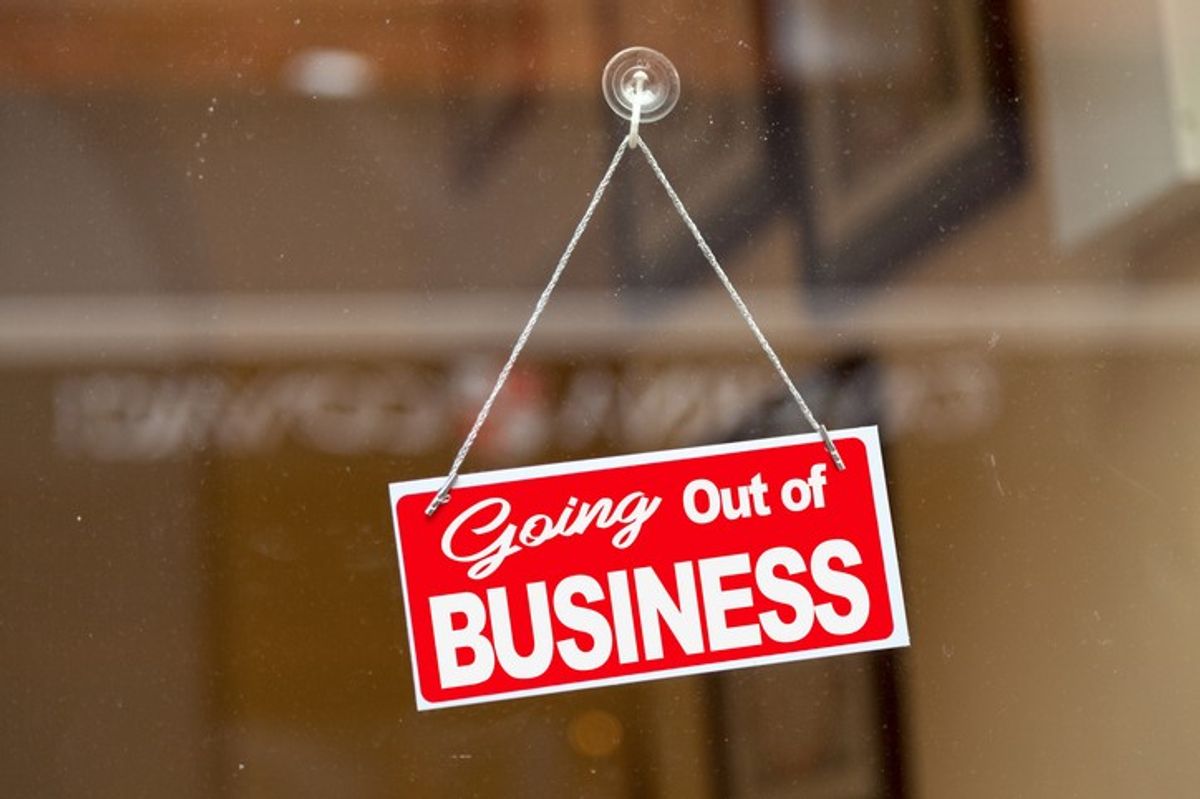Key Summary
- Retail insolvencies jumped month-on-month and year-on-year in May 2025.
- Tax hikes, rising costs, and weak consumer spend are pushing retailers into survival mode.
- Experts urge policy reforms and smarter retail strategies to weather the storm.
Retail insolvencies are rising as tax hikes and falling consumer spend push many businesses into survival mode, with more turning to advisors to navigate mounting costs, stated a leading tax expert.
Today’s company insolvency statistics shows that retail trade insolvencies were up 16 per cent to 192 in May 2025 from the previous month (165) and up 20 per cent year-on-year from 160 in May 2024.
Gordon Thomson, restructuring partner at leading audit, tax and consulting firm RSM UK, said, “The latest figures show a marked uptick in insolvencies as we had previously predicted, and the start of a tough period for the retail sector.
"We’re starting to see the impact of the Chancellor’s tax rises and the associated expenses hitting retail businesses. Retailers are looking at ways to mitigate the impact as much as they can, but combined with lower consumer spending, many are currently in survival mode.
Thomson pointed out that retailers are increasingly turning to advisors to work out the best way to navigate the increased cost base, which unfortunately, may be a sign of things to come.
"Meaningful reductions or redistributions in business rates and a reversing of the NI threshold are policy reforms that government will need to consider in our view in order to stave off a more severe uptick in future insolvencies. Whilst this would not change the fundamentals it would help take the edge off the increasing pressures.
“While market forces will have contributed to recent insolvencies it's clear that the pace of change in retail presents a challenge for many. In an increasingly competitive environment, where consumer spending is harder to capture, understanding their customer base and remaining agile is more imperative than ever before," Thomson said.
Consumer demand continues to shift rapidly, so businesses cannot afford to stand still if they want to stay relevant, he added. For many, embracing technology, harnessing data and making effective use of their marketing channels, such as social media, will be key to better positioning themselves.
“Despite consumer confidence improving, there remains a nervousness to spend, and with food and fuel inflation continuing to rise, this will only add to the reluctance among consumers as their discretionary income shrinks.
"While it’s hoped that a consumer-led recovery will eventually come, now is the time for retailers to make considered, forward-looking decisions that strengthen resilience and adaptability in a changing market," Thomson said.


